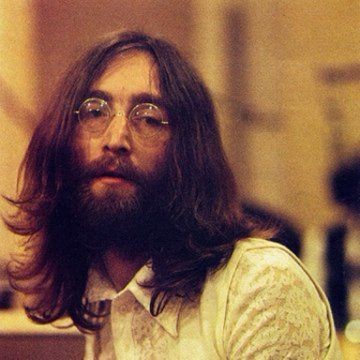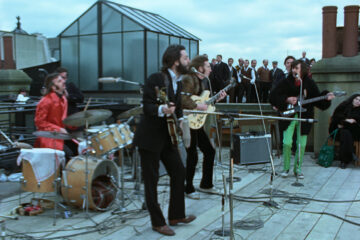There are plenty of stories of songs John Lennon hated, but they’re usually written by others. Especially at the end of The Beatles, he was more than happy to dish out critique when it came to Paul McCartney’s songwriting efforts. But in this instance, his criticism was turned inwards when talking about one largely unknown cut.
Lennon would be glad for that. He surely would be more than happy that this track, which he hated writing and didn’t consider to be part of his real, worthy portfolio as a writer, has been lost to history. Even as he penned the song, he drew a line of separation between it and the rest of his music. His other works were artistry born out of effort and passion. This one was clearly an exercise in skill, designed to get the money and run.
It’s not an uncommon thing for an artist, even on the level Lennonw was at, to be given a songwriting brief. It’s a pretty routine thing for even the biggest artists in the world to write songs either for other artists, like Prince did with ‘Manic Monday’, or for a purpose, whether it be an advert, a film, a company, or in Lennon’s case, a cause.
In this instance, the cause was John Sinclair, a writer, activist and former manager of the MC5. During the crackdown on drugs, especially within countercultural circles, Sinclair became a target. Sinclair was being followed by two undercover narcotics officers. After offering them a joint, he got a 10-year prison sentence for the offence.
The conviction caused outrage in the music and counterculture scenes. Anti-establishment figures and musicians alike gathered for Ten For Two, a protest rally in support of Sinclair. Every good protest needs a good protest song, so the task was taken to Lennon.
“They wanted a song about John Sinclair. So I wrote it,” he said of the track, aptly titled, ‘John Sinclair’. It seems that Lennon didn’t care all that much about the cause or the song, but the project was a good chance to prove just how capable of a songwriter he was as he was paid for play. It was a way of showing how skilled he was as he was able to write a song seemingly about anything at any given moment.
“That’s the craftsman part of me. If somebody asks me for something, I can do it. I can write anything musically. You name it,” he said, “If you want a style and if you want something for Julie Harris or Julie London, I could write it.”
This was a proven skill. In 1963, when the Stones had asked Lennon and McCartney for a song, they famously went off into a corner and wrote it there and then. “We came back, and that’s how Mick and Keith got inspired to write because, ‘Jesus, look at that. They just went in the corner and wrote it and came back!’” Lennon recalled, taking credit for Jagger and Richards stepping up as songwriters. “Right in front of their eyes, we did it. So we gave it to them.”
But while this was something Lennon could do, it wasn’t something he wanted to do as he made no secret of his hatred for the track and the way of working it demanded. “I don’t enjoy that kind of work. I like to do inspirational work,” he said. To him, the songs he wrote of his own accord on his own terms were artistry. On the other side, songs like ‘John Sinclair’ were merely work.
“I’d never write a song like that now,” he said in 1980 as the song quickly fell into forgotten history since the man it was about was released pretty soon after it came out.



